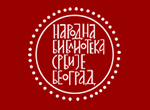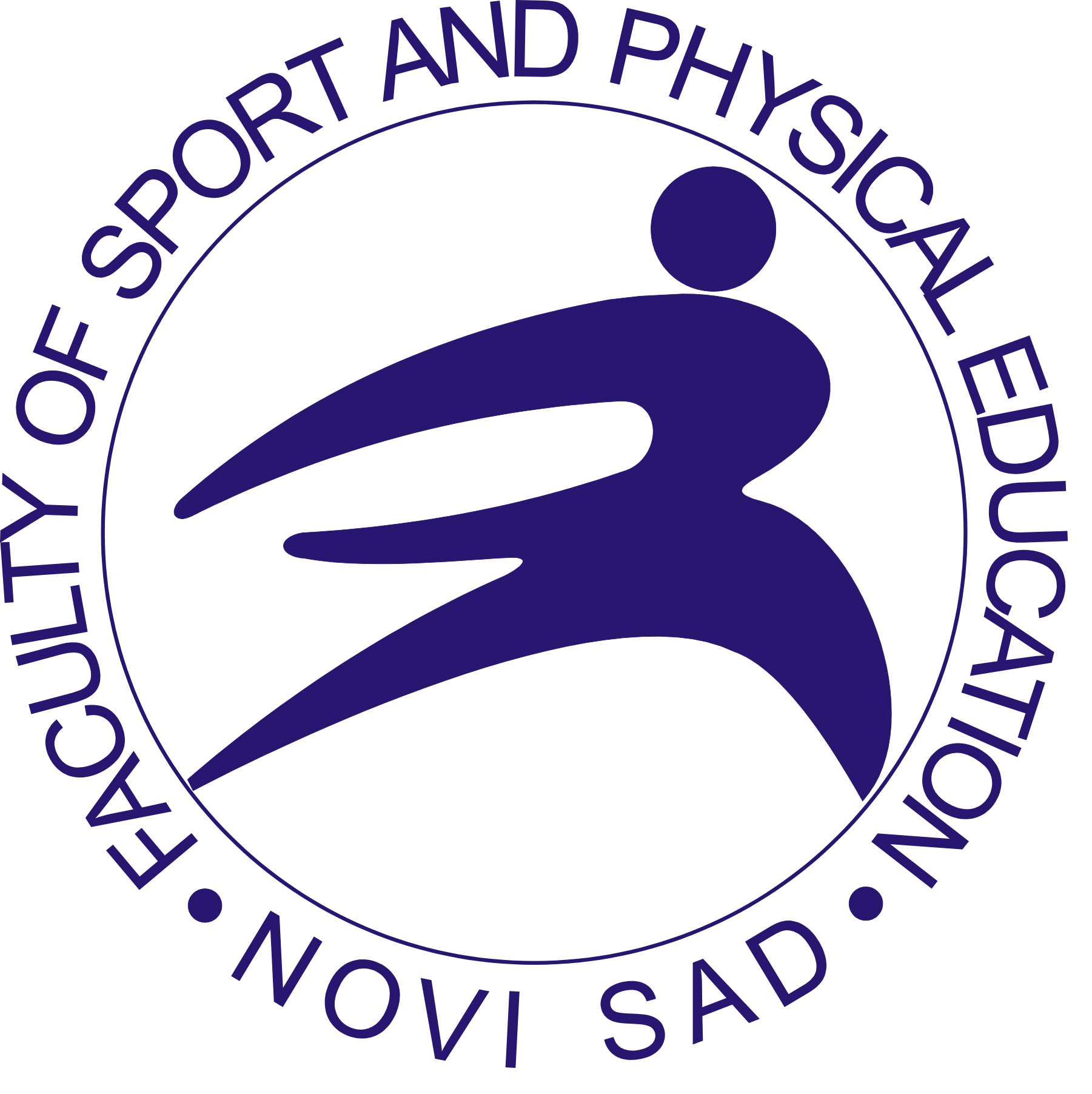
More articles from Volume 3, Issue 2, 2011
THE IMPACT OF PHYSICAL EDUCATION BASED ON AUTONOMY AND RESPONSIBILITY ON STUDENTSí EVERYDAY LIFE: A LONGITUDINAL CASE STUDY
PHYSICAL ACTIVITY OF GREEK OLDER ADULTS AGED 65 AND OVER
PHYSICAL FUNCTIONING AND GENERAL HEALTH OF WOMEN FROM URBAN AND RURAL AREAS
BODY MASS INDEX AND BODY FAT CONTENT IN ELITE ATHLETES
KINEMATIC STRUCTURE OF THE SLOW FOX FEATHER STEP
Citations

0
THE ROLE OF INTERDEPARTMENTAL COMMISSION IN INCLUSIVE PHYSICAL EDUCATION DEVELOPMENT
Faculty of Sport and Physical Education, University of Novi Sad , Novi Sad , Serbia
Faculty of Sport and Physical Education, University of Novi Sad , Novi Sad , Serbia
Abstract
Development of inclusive education model in Serbia, evident during last decade, is in accordance with national strategic documents and corresponding international legislative. Special role in inclusive education development belongs to intradepartmental commissions, established to implement inclusive politics at local level. In paper, the normative framework for intradepartmental commissions work is analyzed, as well as first experiences from Vojvodinaís intradepartmental commissions. According to data submitted by commissionsí coordinators from 30 local communities, the greatest challenge in commissionsí work is implementation of suggested individual plan of support. Problems with implementation could be referred to additional educational support, including physical education as well. In inclusive physical education perspective, the commissioní opinion is invaluable, because it contains a complete insight into childís needs for additional support. Identification of barriers child and its family is faced with, as well as supports they have in educational domain, presents the first step in inclusive teaching planning. Data obtained show that within children referred to commissions boys, primary school children and mentally disturbed individuals, represent a majority.
Keywords
References
Citation
Copyright

This work is licensed under a Creative Commons Attribution-NonCommercial-ShareAlike 4.0 International License.
Article metrics
The statements, opinions and data contained in the journal are solely those of the individual authors and contributors and not of the publisher and the editor(s). We stay neutral with regard to jurisdictional claims in published maps and institutional affiliations.
























